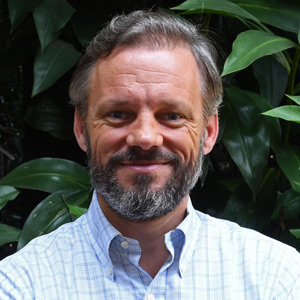Description
This project builds on CIFOR and partners’ long-term Global Comparative Study (GCS) on REDD+, which has produced information, analysis and tools to promote effective, efficient and equitable (3E) outcomes, including secure rights and livelihoods for indigenous peoples and local communities, in REDD+ implementation. For REDD+ to be effective, efficient and equitable (3E), results-based finance must be based on robust FRELs and national forest monitoring systems, along with well-designed safeguards and benefit sharing mechanisms which both provide both incentives for emissions reductions and compensate those actors shouldering the costs. Strong domestic constituencies for forests and local peoples can help grow and maintain long-term political interest in sustained forests and counteract business-as-usual interests in continued deforestation. Positive narratives about how forests contribute to economic development, local livelihoods, and climate goals can help develop such constituencies, including those that are willing to challenge business as usual deforestation. State-of-the-art and locally relevant knowledge, capacity, and engagement can help support leaders’ decision making and actions.
To support the implementation of 3E policies and actions to reduce deforestation and forest degradation, ICRAF, in this project, generates knowledge and tools useful for REDD+ decision-making through activities in Peru, Brazil, DRC and Indonesia, along with global comparative analysis. Our explicit aim is to contribute to change discourses, establish new narratives and trigger transformative action – in short, changed policy and practice in favour of standing forests and forest dependent people. The objective of the project is to achieve the following overarching outcome: Policy makers and practitioners in key tropical forest countries design and implement effective, efficient and equitable (3E) forest-friendly policies and actions, based on the knowledge and capacities co-developed through this project. The target group encompasses relevant actors and stakeholders at international, national and subnational levels, including policy makers (also outside of the forest sector) and practitioners (e.g., civil society and grassroots rights-holder organisations, NICFI grantees, private sector actors, media and multilateral initiatives on REDD+), research organisations and financiers/donors.






















